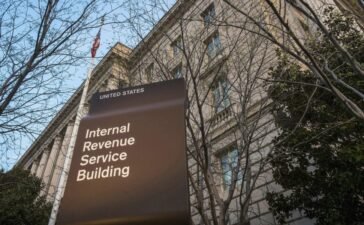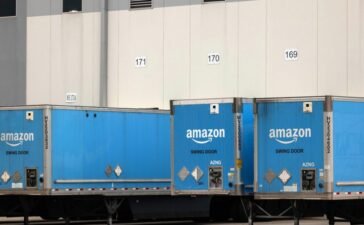
A group of Silicon Valley billionaires is pushing the pause button on their ambitious plans to build a new city northeast of San Francisco.
The company behind the effort, known as California Forever, will withdraw a measure on this November’s ballot that would have allowed voters to weigh in on major zoning changes in Solano County. Instead, the project will undergo an environmental review over the next two years, the company and the chair of the county’s Board of Supervisors said in a joint statement Monday.
“With this process, we can build a shared vision that passes with a decisive majority and creates broad consensus for the future,” said Jan Sramek, founder and chief executive officer of California Forever, vowing to bring the measure back for voter consideration in 2026.
The delay signals an uncertain future for the controversial project, which supporters envision as a green, walkable city that would bring new jobs and housing in a state where many residents can’t afford to buy their own homes. Many local leaders, residents and farmers have criticized the plan, accusing Sramek and his team of using strong-arm tactics to compel landowners to sell in their rush to build.
“The people have spoken and California Forever has been forced to withdraw their hastily drawn, poorly designed initiative,” Solano Together, a coalition opposing the development, said in a statement.
During almost six years, California Forever — backed by tech titans such as former Sequoia Capital Chairman Mike Moritz, social-impact investor Laurene Powell Jobs and venture capitalist Marc Andreessen — has spent $900 million to buy more than 62,000 acres of farmland for the new city. The company said the project would build housing for 400,000 new residents and bring 15,000 jobs.
“While the need for more affordable housing and good-paying jobs has merit, the timing has been unrealistic,” said Mitch Mashburn, chair of the Solano County Board of Supervisors.
The company’s initial strategy of using a ballot initiative to bypass an environmental review process was a “mistake” that “politicized the entire project,” Mashburn said. That “made it difficult for us and our staff to work with them, and forced everyone in our community to take sides.”






